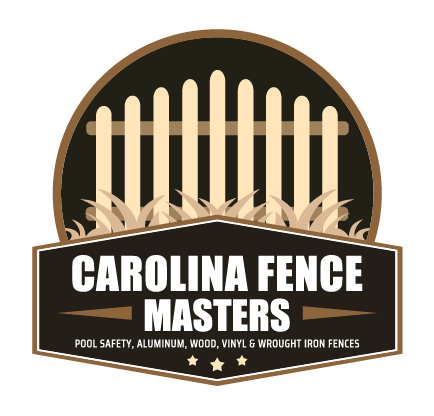If you are planning to add a new fence to your property or replace an existing one, you will need to consider which material to use. Our team at Carolina Fence Masters has extensive experience in the fencing industry, and we know how to work with every fencing material and option. In this article, we will focus on the benefits and potential drawbacks of vinyl fences to help you decide if they are right for your needs.
Benefits:
- Immune to Rot and Insect Damage – One key benefit of vinyl fences is that they cannot rot or be eaten by insects. This means vinyl fencing will last a long time, and it is an ideal choice for humid environments where rot and insects are a concern.
- Low Maintenance – Another benefit of vinyl fences is their ease of maintenance. The only thing you will need to do to keep your vinyl fence looking great is clean it periodically—you won’t have to get it stained, sealed, or painted in order to protect it from the elements, the way you would with a wooden fence.
Drawbacks:
- Initial Cost – One potential drawback of vinyl fences compared to other options is their relatively higher installation costs. Other materials are cheaper to install than vinyl, while vinyl offers better long-term performance.
- Subject to Stains – Another possible drawback of vinyl fences is the way they can be stained by mold, mildew, algae, and similar organisms. If you aren’t careful to clean your fence regularly, its appearance can become patchy.
